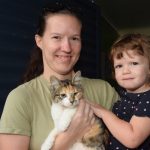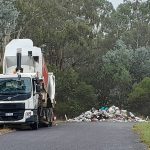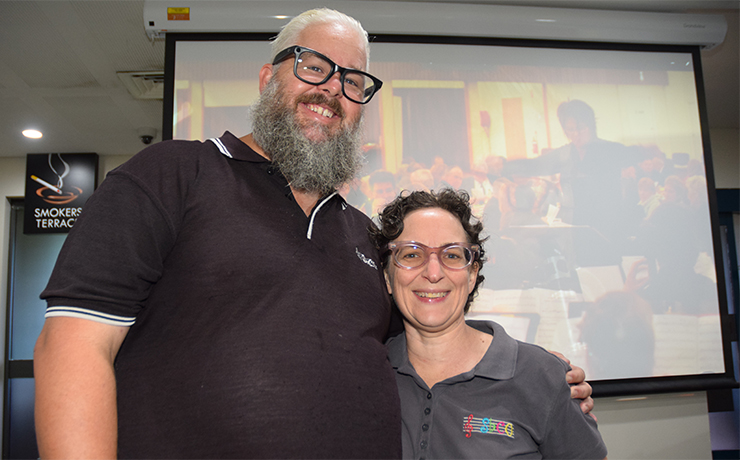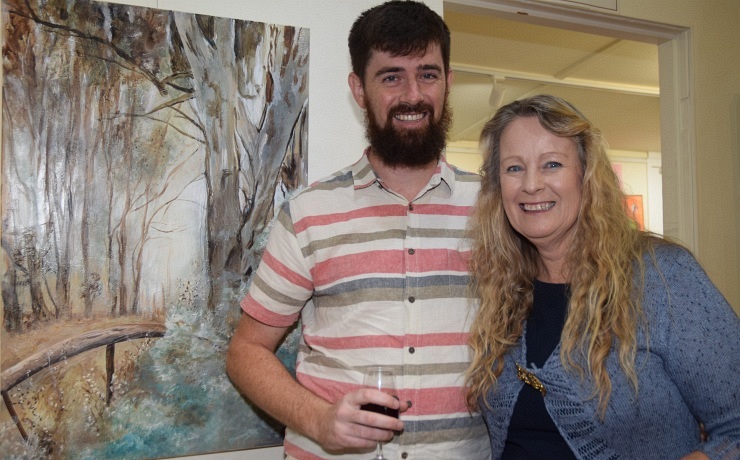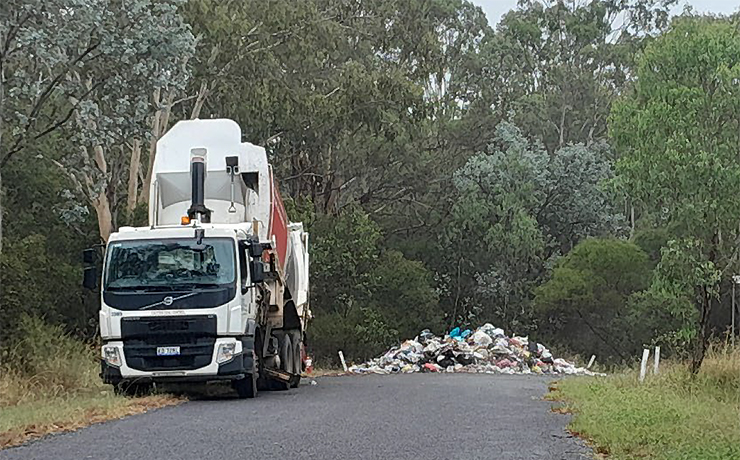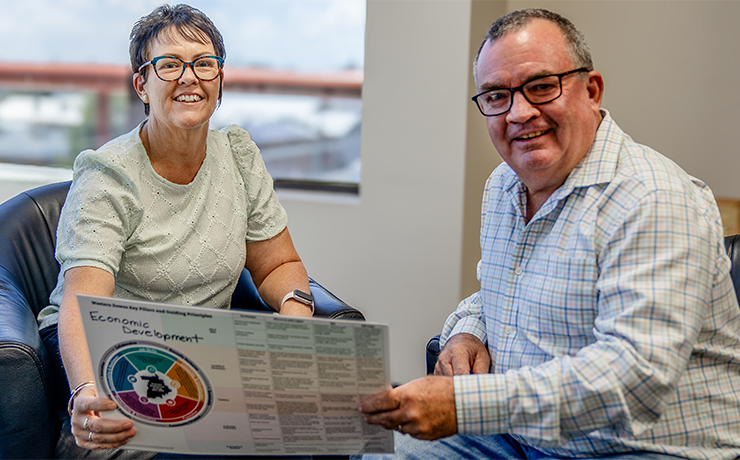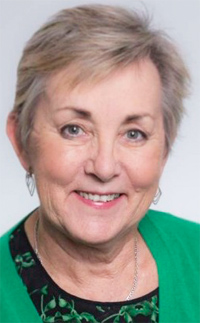
Queensland’s Mental Health Commissioner has encouraged parents to take off the cotton wool and let their children “mix it up” with kids from so-called “different” backgrounds at school.
Dr Lesley van Schoubroeck said children from “different” backgrounds may be excluded when parents are over-protective.
“The result is a growing lack of tolerance and understanding of how to interact with people,” she said.
“Not only does this lower the resilience of children, it further socially isolates and marginalises children who may be already struggling with physical, economic or social issues.
“Parents need to act as role models and support their children to play with kids from different social and cultural backgrounds as well as the noisy kid, the quiet kid, the shy kid and the kid with behavioural needs.
“In our bid to keep our children safe and happy, we risk cutting them off from experiencing difference and learning tolerance.”
Social isolation is one factor that contributes to mental illness.
According to the Australian Bureau of Statistics, Australians are now less connected and involved in their community.
Fewer Australians are volunteering, down from 36 per cent in 2010 to 31 per cent in 2014, and fewer are helping out their neighbours with chores such as home maintenance, gardening, running errands and unpaid child care (down from 49 per cent to 46 per cent).
“For children in families experiencing mental illness or drug and alcohol problems, the impact of social isolation is magnified,” Dr van Schoubroeck.
People with a mental health condition were almost twice as likely as those without to have experienced some form of discrimination (29 per cent compared with 16 per cent) and twice as likely to have experienced two or more incidents of crime in the past 12 months (12 per cent compared with 5.9 per cent), according to the ABS.
“What we learn in the playground, we take into adulthood,” Dr van Schoubroeck said.
“While it is essential that we take the best care of our children, wrapping them up in cotton wool can have unintended consequences for them and for others.”








